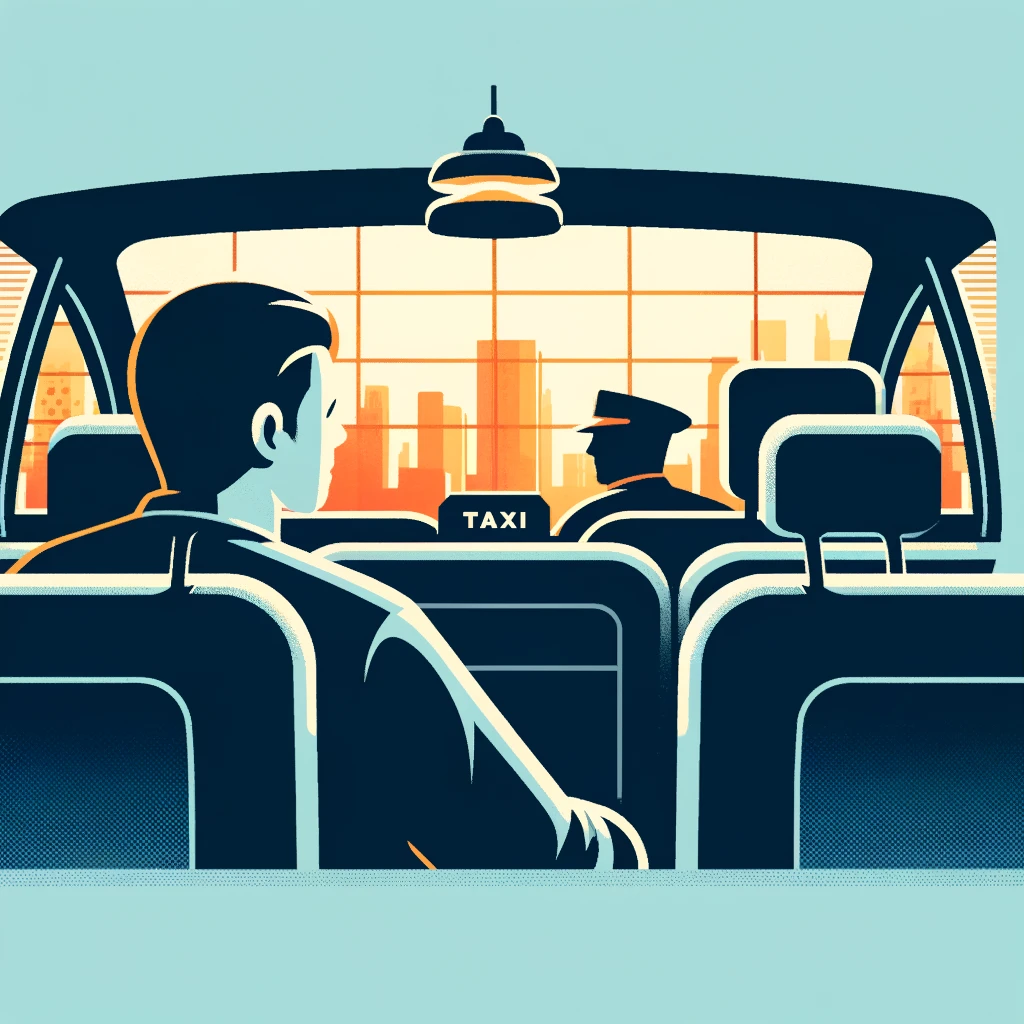Fare
Definition
Fare primarily refers to the money paid for a journey on public transportation or the food and drink regularly consumed. It can also denote the progress or result of a particular situation or action.
Parts of Speech
- Noun
- Verb
Pronunciation
American English
- IPA Pronunciation: /fɛr/
- Respelling: FAIR (with "FAIR" as in "hair")
British English
- IPA Pronunciation: /feə/
- Respelling: FAIR (with "FAIR" as in "hair")
In both dialects, "fare" places the primary stress on the entire syllable. The pronunciation is similar across both American and British English, focusing on the clear articulation of "FAIR."
Etymology
The word "fare" comes from the Old English "faran," which means "to travel" or "to go." This term is related to the Proto-Germanic "faranan" and the Old High German "faran." The noun form, which originally referred to the act of going or journeying, evolved to include the cost of transportation. The food-related meaning of "fare" also derives from this idea of sustenance for a journey.
Derivatives
- Farewell (noun/verb)
- Farepayer (noun)
- Overfare (noun, rare)
- Fareboard (noun, rare)
- Fared (verb, past tense)
Synonyms
- Ticket price (for transportation)
- Cuisine (for food)
- Perform (for the verb meaning)
Antonyms
- Free ride (for transportation)
- Starve (for food)
- Fail (for the verb meaning)
Usage
"Fare" is used in various contexts, including transportation, dining, and general performance. It is a common term in both everyday conversation and more formal settings.
Related Terms
- Ticket: A piece of paper or card that gives the holder a certain right, especially to enter a place or travel by public transport.
- Rate: A measure, quantity, or frequency, typically one measured against another quantity or measure.
- Passage: A journey, especially by sea or air.
Detailed Definition
Noun
- Transportation Payment: Refers to the money paid for a ride on public transportation, such as buses, trains, or taxis.
- Example: The bus fare has increased by 10% this year.
- Passenger: Historically, the term "fare" could also refer to a passenger, especially one paying for transportation.
- Example: The taxi driver picked up his last fare for the night.
- Cuisine or Diet: Refers to the type of food and drink provided, particularly in the context of a meal or specific cuisine.
- Example: The restaurant is known for its traditional Italian fare.
Verb
- To Get Along or Succeed: Describes how someone performs or manages in a given situation or over a period of time.
- Example: She fared well in the competition, securing a place in the finals.
- To Happen: Used to describe what happens to someone or something over time.
- Example: How did you fare during the storm?
fare

.webp)

🇨🇳 Mandarin
- 车费 (chēfèi)
- IPA: [ʈʂʰə́.fèi]
- Respell: chuh-fay
- 餐饮 (cānyǐn)
- IPA: [tsʰán.ìn]
- Respell: tsan-yin
🇮🇳 Hindi
- किराया (kirāyā)
- IPA: [kɪraːjaː]
- Respell: ki-raa-yaa
- भोजन (bhojan)
- IPA: [bʱoːd͡ʒən]
- Respell: bho-jun
🇪🇸 Spanish
- Tarifa
- IPA: [taˈɾifa]
- Respell: ta-ree-fa
- Comida
- IPA: [koˈmiða]
- Respell: ko-mee-da
🇫🇷 French
- Tarif
- IPA: [taʁif]
- Respell: ta-reef
- Repas
- IPA: [ʁəpa]
- Respell: ruh-pah
🇸🇦 Modern Standard Arabic
- أجرة (ujrah)
- IPA: [ˈʊd͡ʒra]
- Respell: ooj-rah
- طعام (ṭa‘ām)
- IPA: [tˤaˈʕaːm]
- Respell: ta-am
🇧🇩 Bengali
- ভাড়া (bhāṛā)
- IPA: [bʱaɽa]
- Respell: bha-raa
- খাবার (khābār)
- IPA: [kʰabaːr]
- Respell: khaa-baar
🇷🇺 Russian
- Тариф (Tarif)
- IPA: [tɐˈrʲif]
- Respell: ta-reef
- Питание (Pitaniye)
- IPA: [pʲɪtɐˈnʲije]
- Respell: pee-ta-nee-ye
🇵🇹 Portuguese
- Tarifa
- IPA: [tɐˈɾifɐ]
- Respell: ta-ree-fa
- Refeição
- IPA: [ʁɛfɐiˈsɐ̃w]
- Respell: heh-fay-saow
🇮🇩 Indonesian
- Tarif
- IPA: ['tarif]
- Respell: ta-rif
- Makanan
- IPA: [maˈkanan]
- Respell: ma-ka-nan
🇩🇪 German
- Fahrpreis
- IPA: ['faːɐ̯praɪ̯s]
- Respell: fahr-prys
- Speise
- IPA: ['ʃpaɪ̯zə]
- Respell: shpy-zuh
🇯🇵 Japanese
- 運賃 (unchin)
- IPA: [ɯɴt͡ɕin]
- Respell: oon-cheen
- 食事 (shokuji)
- IPA: [ɕokɯd͡ʑi]
- Respell: shoh-ku-jee
🇻🇳 Vietnamese
- Cước phí
- IPA: [kʷək fi˧˧]
- Respell: kwook fee
- Thức ăn
- IPA: [tʰʊk˧˧ an˧˧]
- Respell: took an
🇰🇷 Korean
- 운임 (unim)
- IPA: [u.nim]
- Respell: oo-neem
- 식사 (siksa)
- IPA: [ʃik̚.sa]
- Respell: shik-sa
🇹🇷 Turkish
- Ücret
- IPA: [yˈd͡ʒɾet]
- Respell: u-jret
- Yiyecek
- IPA: [jiˈjed͡ʒek]
- Respell: yee-ye-jek
🇵🇰 Urdu
- کرایہ (kirāyah)
- IPA: [kɪraːja]
- Respell: ki-raa-yah
- کھانا (khānā)
- IPA: [kʰaːnaː]
- Respell: khaa-naa





